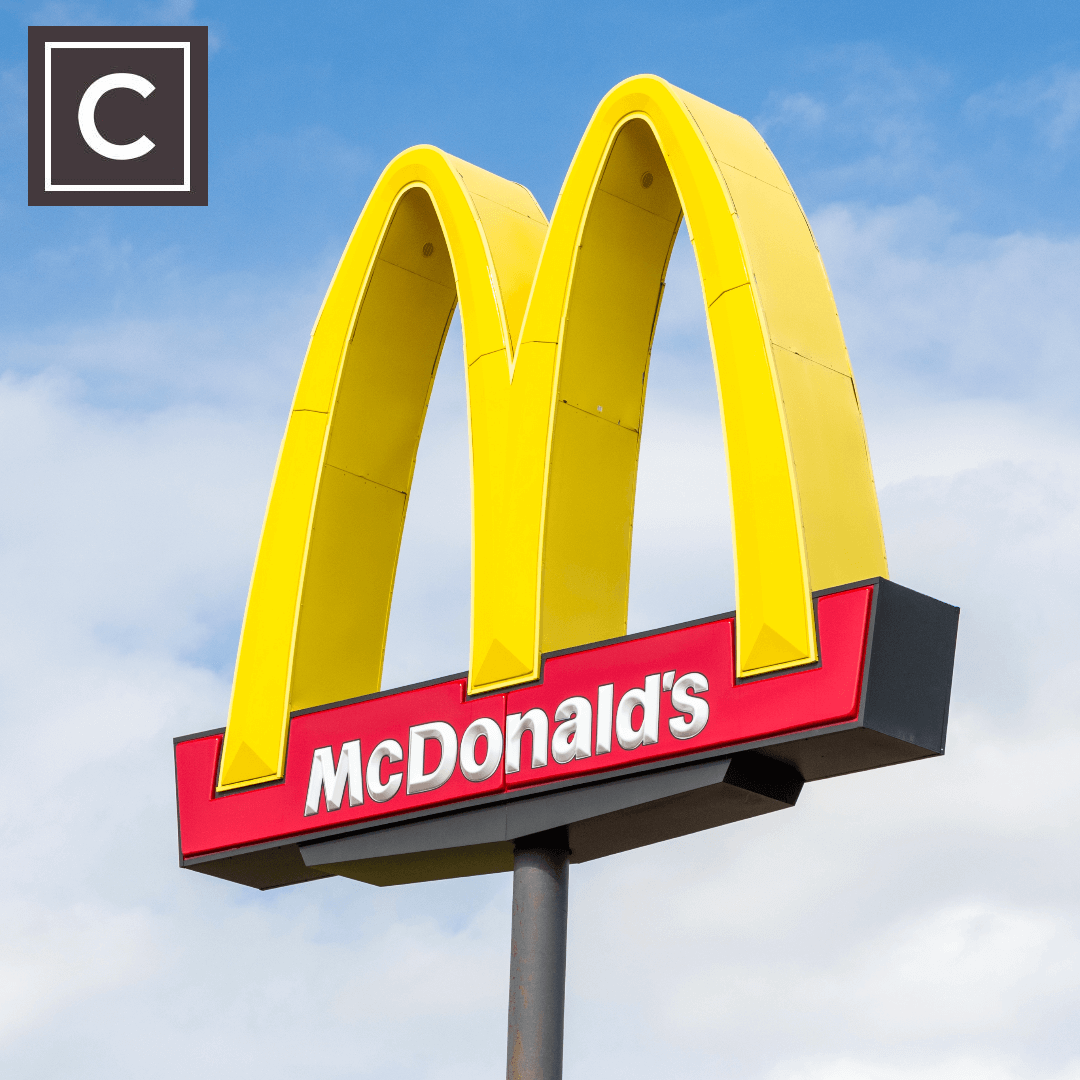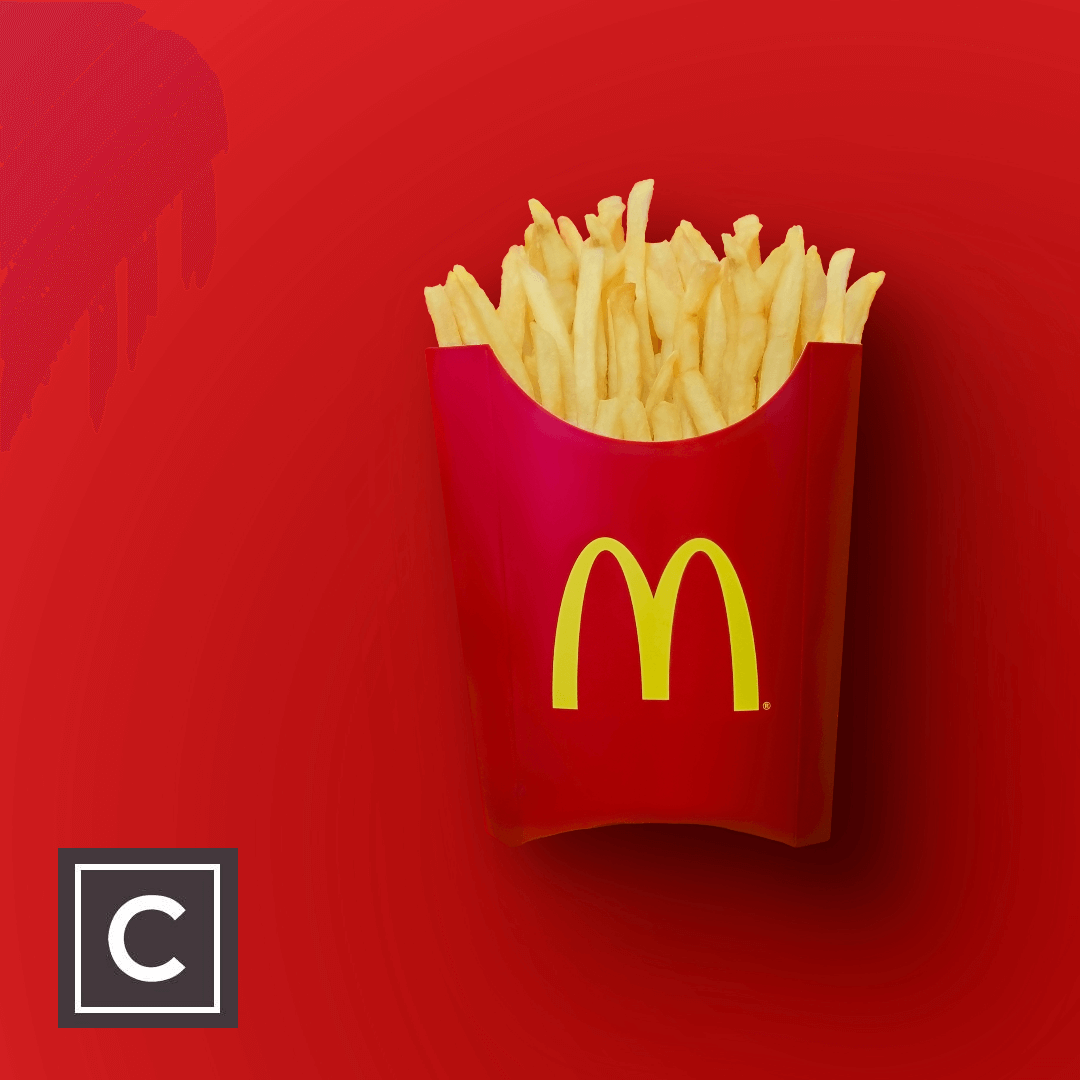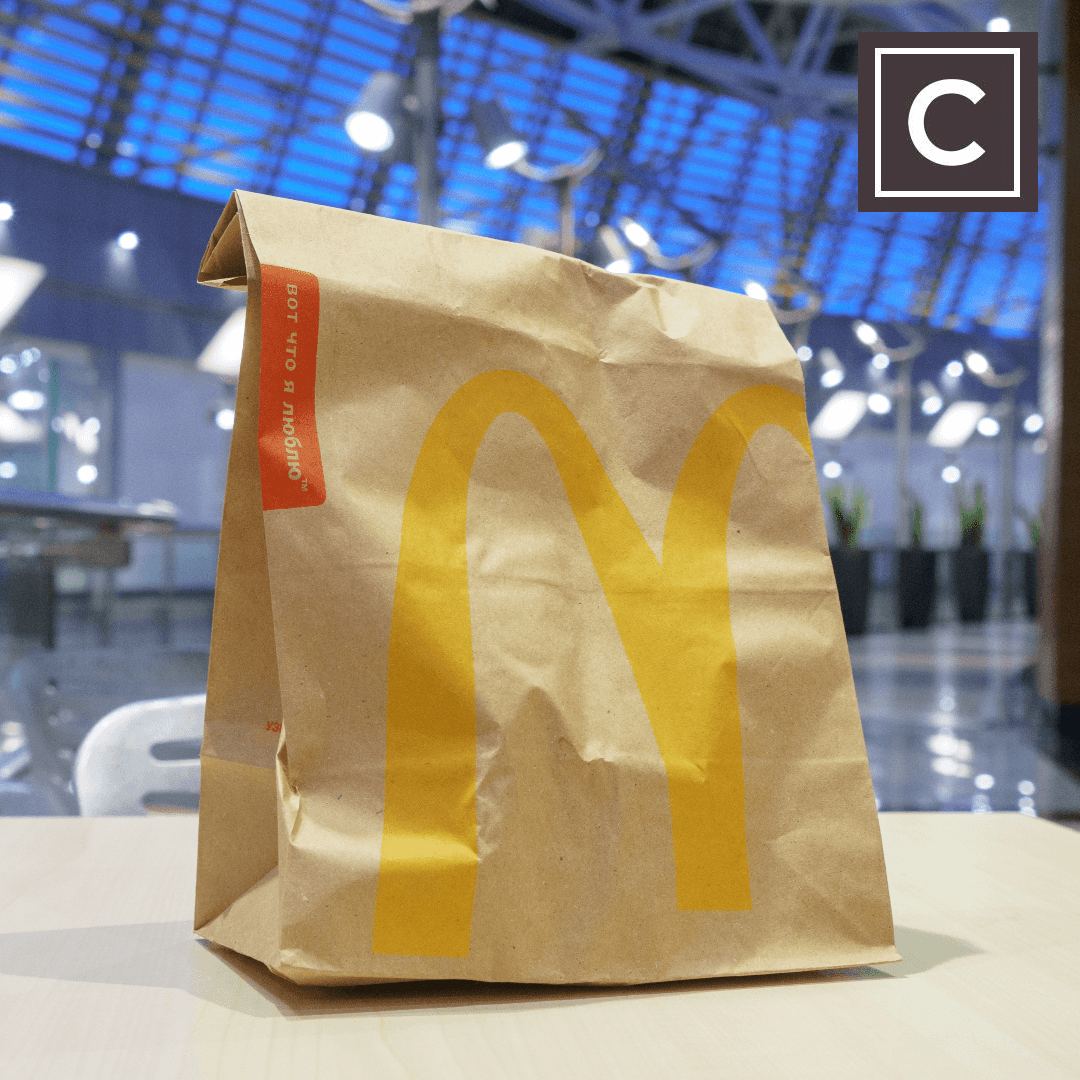Here's Why McDonald's Hamburgers Don't Decompose
Posted by Stelios on 18th Sep 2023 Reading Time:
Every so often, the phenomenon re-emerges - photographs of McDonald's food that seemingly refuses to decompose. In 2008, Karen Hanrahan published a photo on her blog, Best of Mother Earth, featuring a McDonald's hamburger she'd purchased in 1996. The burger appeared nearly identical to a freshly made one despite being 12 years old. She concluded that the food item had no nutritional value and was essentially "chemical food."

Over the years, variations of this experiment have been reproduced, and the photos shared widely online - the most recent example being a six-year-old Happy Meal featured on Facebook. These images garner widespread attention and supposedly encourage better dietary choices. But do they?
One might assume that a "proper" hamburger would naturally succumb to mould, be consumed by insects, or deteriorate in some other fashion.
However, if one subscribes to the scientific method (as one should), you must begin with observable facts to draw a proper conclusion. From these, you formulate a hypothesis, followed by a controlled experiment to verify the hypothesis' validity.
Most interpretations resort to speculation, unsound reasoning, or even wilful ignorance, culminating in the claim that a McDonald's hamburger is nothing but "chemical food, devoid of any nutrition." Such a conclusion is both sensational and misleading.

What we know so far:
- When left exposed to air, a McDonald's hamburger doesn't show signs of mould or decomposition.
- Mould growth requires certain conditions: mould spores, air, moisture, and a reasonably hospitable environment.
Given these realities, several theories have been declared to explain why a McDonald's hamburger might resist decay:
- Chemical preservatives in the beef, bun, or packaging deter mould growth.
- High salt content in the burger prevents decomposition.
- The small size of the McDonald's hamburger allows for quick dehydration, making the environment inhospitable for mould.
- Lack of mould spores on the burger and in the surrounding air.
- An airless storage environment.
The reason a McDonald's hamburger resists decay isn't due to chemicals or nutritional voids; it boils down to water activity. A McDonald's burger is thin and small, offering a high surface area-to-volume ratio. Cooked on an exceedingly hot griddle, it quickly loses moisture, becoming inhospitable for mould before any decay can commence. Moreover, these burgers are cooked to high temperatures in a food-safe environment, rendering them relatively free from decay-inducing agents to begin with.
In short, McDonald's hamburgers resist decomposition because they dry out.
Conversely, larger McDonald's burgers, like Quarter Pounders, will begin to mould if they retain moisture. Similarly, storing a McDonald's burger in a moisture-retaining environment (such as an air-tight container) will lead to mould growth, just like with a homemade hamburger.

Suppose the notion of a non-decomposing McDonald's burger repels you. In that case, you might as well categorise jacobs cream crackers, beef jerky, croutons, dried beans, or any other long-lasting, nutrient-rich foodstuff as similarly "unnatural."
So the next time you come across one of those enduring images of non-decomposing burgers, think twice about visiting the drive-thru. But also think again before impulsively hitting that "share" button.
Sources:
- Jennifer Lovdahl's Facebook Post
- Does McDonald's Food Not Rot?
- Mcdonalds Corporate Response
- The Food Lab
- Science Notes
- 1996 McDonalds Hamburger

